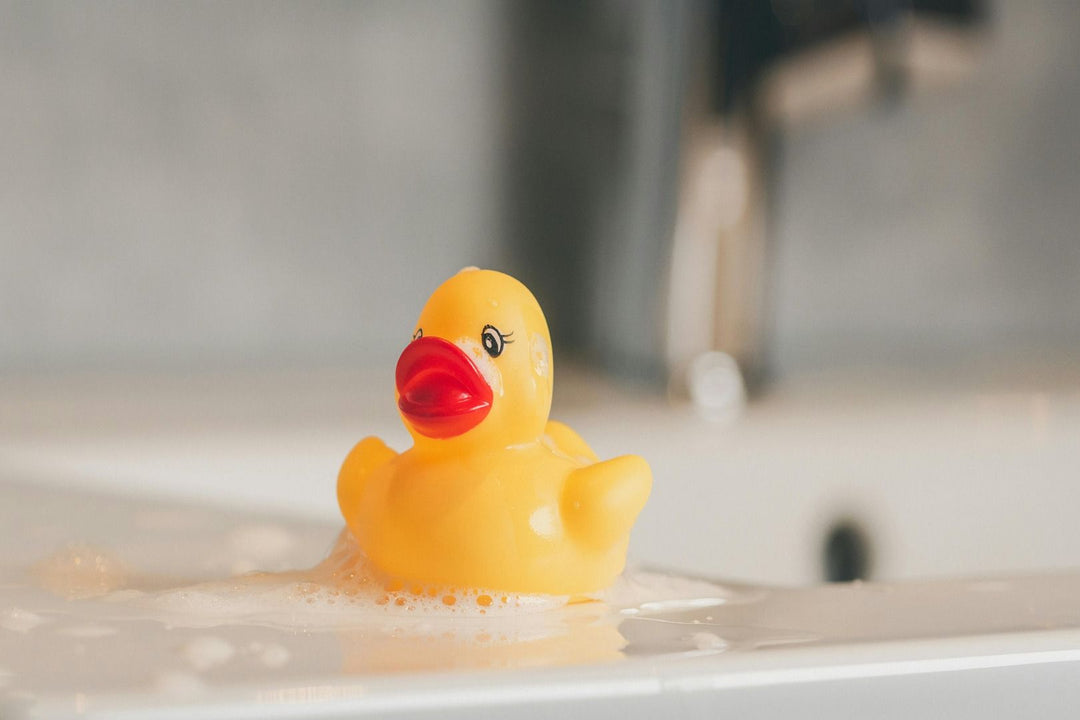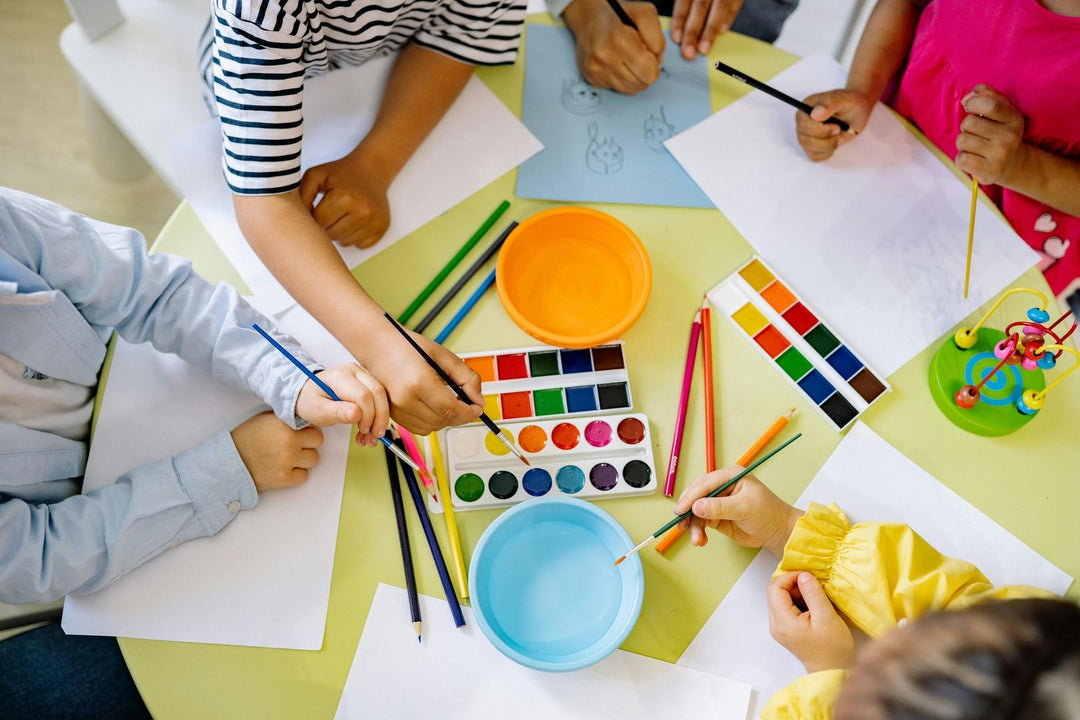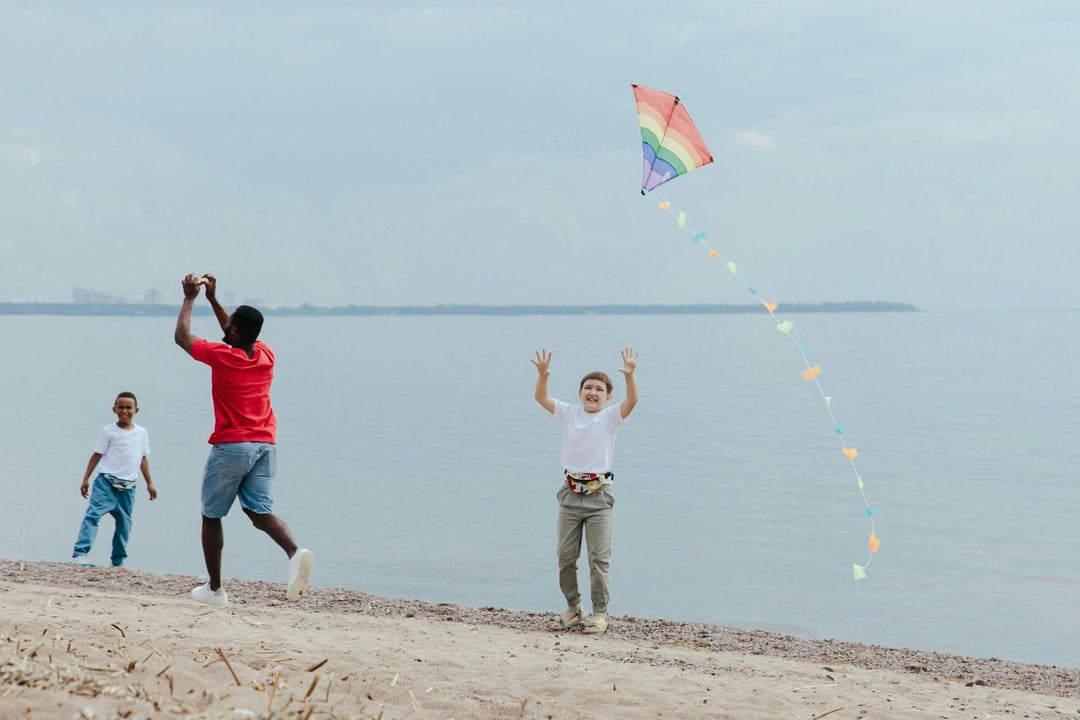Essential Water Safety Tips for Parents

Water activities can be a source of immense joy for both children and parents. Whether it's a family trip to the beach, a day at the pool, or even a backyard sprinkler session, water play is a fantastic way to cool off and have fun. However, it's crucial for parents to prioritize water safety to ensure these moments remain joyful and accident-free. Here are some indispensable water safety tips every parent should know to protect their little ones.
Constant Supervision
The cardinal rule of water safety is never to leave children unattended near water. Drowning can happen in a matter of seconds, and it often occurs silently. Always keep a watchful eye on your child, even if the water level is shallow. Designate a responsible adult to supervise, especially during group outings, ensuring that there is no lapse in attention.
Secure Pools and Backyard Water Features
If you have a pool at home, it's essential to install proper safety barriers. Fencing around the pool area with a self-latching gate can prevent unsupervised access. Additionally, consider installing alarms that alert you when someone enters the pool area. These measures help create a secure environment, reducing the risk of accidental drowning.
Teach Swimming Skills
Enrolling your child in swimming lessons is an investment in their safety. Knowing how to swim significantly reduces the risk of drowning. Many community centers, schools, and private organizations offer swimming lessons for children of various age groups. Starting lessons early helps instill confidence and comfort in the water.
Educate About Water Hazards
Teach your children about the potential dangers associated with water, such as strong currents, deep areas, and the importance of not running near pools. Emphasize the significance of following pool rules and respecting lifeguards' instructions when swimming in public places. This education helps children make informed decisions and develop a healthy respect for water safety.
Use Age-Appropriate Floatation Devices
While swimming skills are crucial, age-appropriate floatation devices add an extra layer of protection, especially for younger children. Ensure that life jackets, arm floats, or other buoyant aids are in good condition, properly fitted, and U.S. Coast Guard approved. These devices should not be seen as a substitute for supervision but as an additional safety measure.
Limit Distractions
When children are in or around water, it's crucial to minimize distractions for the supervising adult. Put away phones, avoid engaging in lengthy conversations, and stay focused on the task at hand – keeping a close eye on the children. Distractions can lead to critical seconds being missed, which may make all the difference in an emergency.
Learn CPR
Being equipped with basic CPR (Cardiopulmonary Resuscitation) skills is a valuable asset for any parent. In the event of an emergency, prompt and effective CPR can make a significant difference until professional help arrives. Many organizations offer CPR training courses, and acquiring this skill can provide peace of mind and potentially save a life.
Water safety is a shared responsibility, and parents play a pivotal role in ensuring their children's well-being during water activities. By staying vigilant, investing in swimming lessons, using proper safety equipment, and educating children about water hazards, parents can create a secure environment for their little swimmers. These water safety tips are not just guidelines; they are essential practices that can make a significant difference in preventing accidents and preserving the joy of water play for every family.
Don't forget your Zippy Kids Hooded Towels for ultimate comfort after a day of water play!





Leave a comment